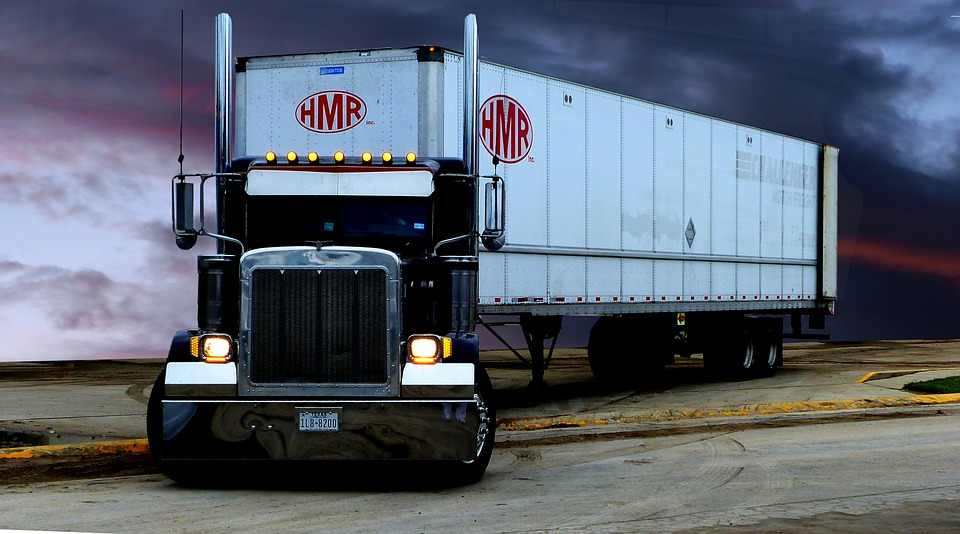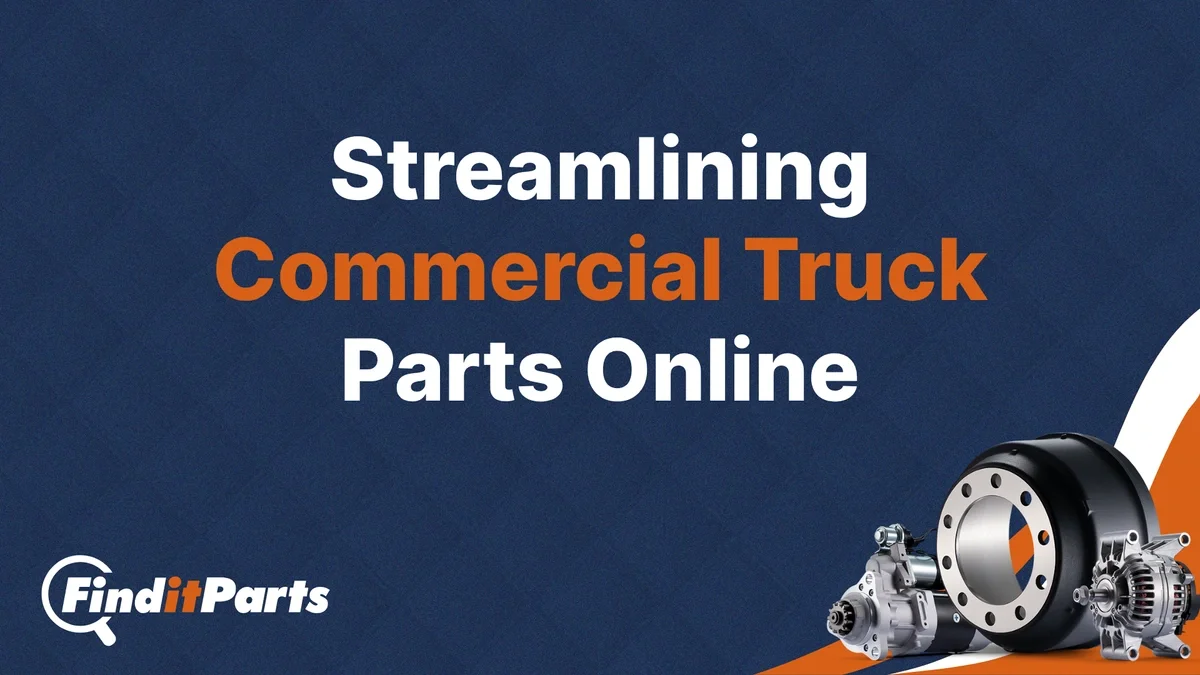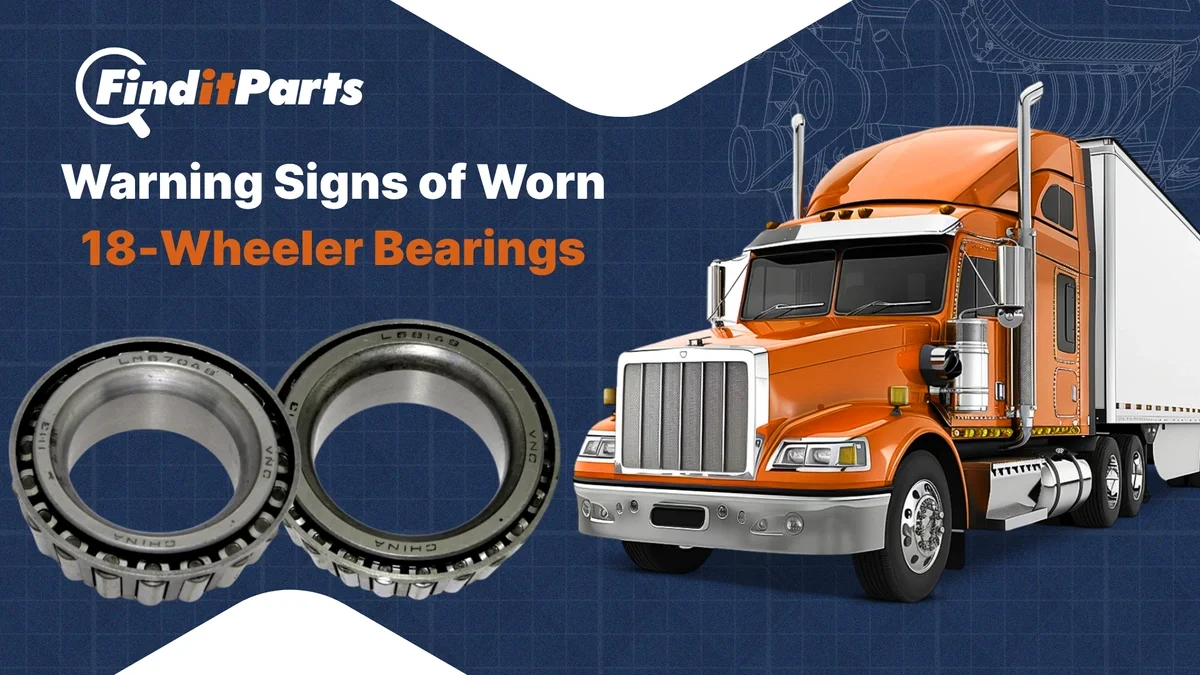Need help? We're here!
(888) 312-8812 Login SignupA Guide to the Most Common Types of Truck Trailers
June 07, 2021

Image Source: Pixabay
Trailers are key investments. They are an affordable freight transportation option compared to air freights and a speedier alternative than sea-freights. When you are thinking of buying one for your business, spend your money wisely by getting a trailer that suits your needs and the business you have in mind. To help you make an informed decision, here are the common types of trailers along with their specific purpose and weight rating:
Flatbed Trailers
A valuable asset to any shipper or trucking company, the flatbed trailer is the most common type of trailer because it can be used to transport almost all sorts of cargo. Such trailers have open sides, and there is no box covering the transported loads, making cargo loading and unloading an easy feat. They allow you to pick up the cargo via a crane from the top or by forklift from the sides. Cargo can also be loaded from the top, rear, or sides.
The normal trailer width is 8'6″ and length is 48′, 53′ or 60′. And the normal gross trailer weight rating (GTWR) is up to 48,000 lbs, 65,000 lbs, and 96,000 lbs. To protect your load, you may use a steel truck tarp for steel freights; lumber tarp for trim molding, lumber wallboard, and other cargo of this type; smoke tarp for smaller loads that need to be protected from the truck's exhaust; and glass-clear tarp for cargo that needs protection from rain, dirt, slime, and dust.
Enclosed or Dry Van Trailers
Also called a dry van, an enclosed trailer is a closed box trailer with no temperature control. It is designed to transport a wide range of loads without worrying about the weather, road debris, dust, and even security threats. This type of trailer is even more versatile because you can make full use of any available space by placing shelves and storage cabinets.
Dry vans are usually 48 to 53 feet long and have a weight limit of 42,000 to 45,000 pounds. They are 48 to 53 feet long. These fully enclosed trailers have doors at the back, so cargos are loaded and unloaded from the rear. Some types, however, can be loaded from the front while others are loaded from the sides.
Reefers or Refrigerated Trailers
The refrigerated trailers or reefers are a temperature-controlled type of trailer. They are used when the cargo to be transported needs to be kept in cool temperatures, such as ice cream, frozen foods, medicines, beverages, flowers, and many others. They are like dry vans but with a cooling system and proper ventilation inside. A reefer contains a condenser, evaporator, and compressor inside an enclosed container. This type of trailer has a maximum freight weight of 42,000 to 45,000 lbs., a maximum legal height of 8.2 feet, and a maximum legal height of 8 feet.
Lowboy Trailers
Also called low-loader, double-drop, float, or low-bed trailers, the lowboy is an unpowered trailer used to haul freight. It is a semi-trailer with drop decks—behind the gooseneck and before the wheels. Lowboy trailers sit close to the ground, and their drops enable loading of huge cargo that is heavier than the maximum weight limit of other trailers. They are used to haul heavy equipment and machineries like excavators, bulldozers, and other construction equipment.
A lowboy trailer with two axles weighs 40,000 pounds, and its weight limit can be increased to as much as 80,000 pounds. The maximum cargo height that it can accommodate is 14 feet. If you need to carry oversized loads, you need to obtain necessary permits from authorities.
Step Deck Trailers
Step-deck trailers are like flatbed trailers. The difference is that step-deck trailers are closer to the ground, and they offer a little margin for transporting loads that cannot be hauled in a flatbed trailer because of their height. These open trailers have two deck levels and ramps for easy cargo unloading. Since the bed is closer to the ground, loads can also be safely unloaded using a forklift.
Removable Gooseneck Trailer (RGN)
The RGN trailers hold the loads closer to the ground, allowing you to haul taller objects without worrying about height permits. It is the go-to type of trailer when you need to transport large equipment. The drop in the middle of an RGN trailer provides a margin for taller loads. The dropped section, called the well, is 29 feet long and can accommodate objects that are as tall as 12 feet without violations.
The best thing is, the front end of a gooseneck trailer is detachable, allowing the trailer to be driven by heavy equipment like a bulldozer. With this, loading and unloading of cargo become fast and convenient.
Specialty Trailers
Engineered for specific purposes, specialty trailers are not built the same. They are tailored depending on their purpose, and they need a special permit to move cargo. The truck driver also needs to secure a special license that enables him to transport the load. Specialty trailers can carry as much as 200,000 pounds. Among the most common types of specialty trailers are:
- Food services trailers
- Medical trailers
- Vending trailers
- Display trailers
- Trailers for hazardous materials and chemicals
Side-kit Trailers
The side-kit trailers are built to carry items that do not need to be packed in containers or things that cannot be packed like coal, gravel, sand. This type of trailer is particularly useful for items like crops that need protection from moisture and dirt while on the move. The removable sides of these trailers make cargo unloading easier with the help of forklifts. Since the sides are detachable, arranging and moving the large, heavy-weight cargo becomes more convenient. The maximum carrying capacity of side-kit trailers is 42,000 to 45,000 pounds, and they are usually 48 to 53 feet long.
Power-Only Trailers
When it's an entire trailer that you need to move from one place to another but you don't have a tractor or a truck to do the towing, the type of trailer you should use is a power-only trailer. You just need to connect the power-only trailer to the trailer you need to tow, and you can easily transport it to your desired location.
Regardless of the type of trailer you own, FinditParts has the replacement parts and accessories you need to restore the trailer's performance or keep it in top shape. We offer trailer couplers, bearing kits, bolts and nuts, drum brakes, and many other components you need for your trailer at pocket-friendly prices. Browse our catalog today, and enjoy amazing deals on top-quality trailer parts and accessories.



